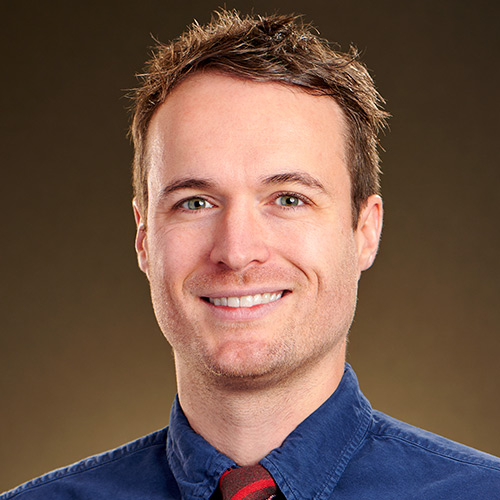Dementia is a progressive and irreversible disease of memory and cognition
Dementia is an intimidating diagnosis and understandably so. Dementia is a progressive and irreversible disease of memory and cognition that affects an estimated 5.8 million Americans with numbers expected to rise, according to the Centers for Disease Control and Prevention. The National Institutes of Health estimates around 14% of Americans over the age of 71 have some form of dementia. Alzheimer’s Disease is the most common type of dementia and represents 60-70% of those diagnosed with dementia. However, some changes in memory and cognition are expected as we age.
What is age-related normal memory loss and or changes in cognition, and what characteristics are abnormal?
As we age, we experience some normal changes to memory and cognition. Learning new information takes longer, making plans may become more difficult, the speed of recall slows, and more difficulty with multi-tasking is common. Learning how to use a new smart phone can be frustrating to the grandchild solicited to help! Misplacing keys or difficulty remembering dates is also common. Remote memory tends to be preserved – remembering one’s wedding, as well as procedural memory - remembering how to bake grandma’s famous cookies.
When do things start to be abnormal? Repeated questions, forgetting conversations, frequently missing appointments, difficulty with making new memories, or getting lost in familiar places may alert a family member that something doesn’t feel right. For a diagnosis of dementia, one must have cognitive and memory deficits in addition to difficulty carrying out activities of daily living – managing medications, paying bills, or self-care tasks such as dressing and bathing are examples. Often, abnormal memory loss is associated with changes in mood, behavior, and motivation.
How can one prevent Dementia? Generally, a healthy diet and lifestyle is thought to not only reduce one’s risk of dementia but also delay the progression of those with the disease. Control of one’s blood pressure, blood sugar, and cholesterol lower the risk. A healthy diet, reducing stress, regular exercise, adequate sleep, and using one’s mind through puzzles, reading, and social activities is also thought to be protective. Easier said than done. Small steps can make a big difference so dust off that bike and ride along the greenbelt, meet with friends for a weekly coffee, or go on that trip you have been meaning to go on for so long!
What about drug therapy? As of now, there is no pharmacological cure for dementia. There are several drugs on the market that potentially slow the progression and may temporarily improve symptoms. Newer drugs that target the protein plaque that is suspected cause Alzheimer’s disease have recently been approved by the FDA with mixed results. Talk to your health care provider about your treatment options and which may be right for you.
Dementia is a diagnosis not to be taken lightly. It is heartbreaking for the family when shared memories are lost. Often a family member, most commonly the spouse, is thrust into an unexpected caregiver role. Our goal at the Saint Alphonsus Geriatrics program is to help patients and their families retain as much independence as possible for as long as possible.
Our care team includes a doctor, a nurse practitioner, a pharmacist and a social worker. Diagnosis, prognosis, progression, treatment, care planning, procuring assistance/living arrangements, financial implications, safety, caregiver respite, and medication reduction are a number of ways we can help. The most intimidating part of dementia is the unknown.


